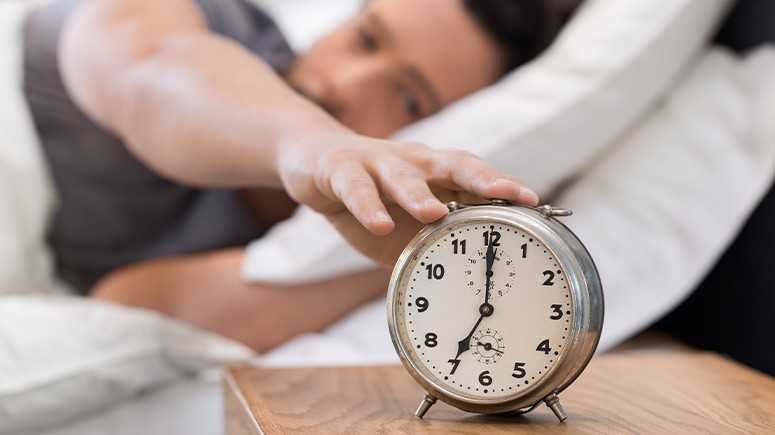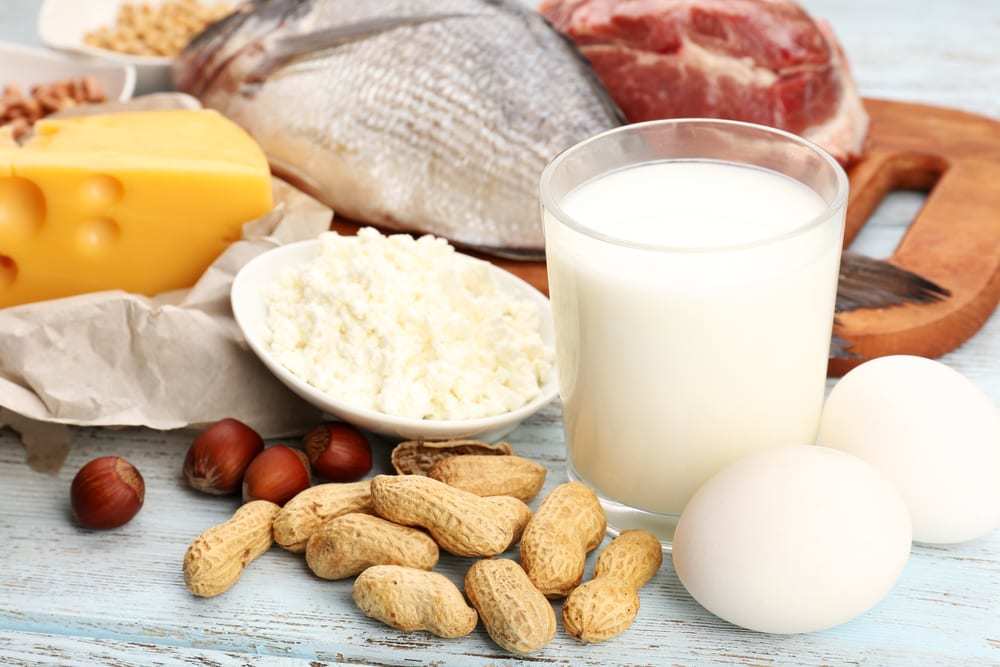Are You Always Tired? This Might Be Why

Feeling tired on a regular basis? Well, you’re not the only one. In fact, 43% of healthy adults claim they constantly feel very tired and fatigued and can’t seem to shake off the daytime drowsiness.
If we rule out any medical conditions, most of the times, tiredness is caused by common lifestyle factors. And the good news is that with a little determination, these can easily be fixed. So, let’s find out what are the most common reasons you always feel tired and how to get back to your bright-eyed and bushy-tailed self.

 You live a sedentary lifestyle
You live a sedentary lifestyle
Sedentarism is a very widespread lifestyle despite being linked to severe health conditions. According to specialized studies, 1 in 5 people is physically inactive and not meeting the recommended level of energy expenditure. To make it even worse, the more inactive you are, the less energy you have.
So, after sitting at work all day, you continue to sit on the couch at home and try to relax as if that is the only answer. But do you know what’s even better? Drumrolls please! Exercising.
Take action: Instead of perpetuating the low energy state you’re constantly in, 30 minutes of moderate-intensity exercise at least 4 times a week could seriously reduce or even eradicate your fatigue. How does brisk walking, for starters, sound to you?

 You are really stressed
You are really stressed
Stress is a part of life. It is sometimes beneficial and makes us more alert due to the release of the fight or flight chemicals. Unfortunately, when experienced for longer periods of time, it can lead to fatigue and exhaustion.
And according to studies, the longer you postpone dealing with a stressor, the more tired you feel because you consume all your energy with overthinking. This can come free with headaches, migraines and inability to focus.
Take action: Identify the signals your body is sending you in relation to stress and try some stress management techniques. Talking about your concerns, taking a break from work or performing a physical activity can release feel-good endorphins, relieve stress and consequently banish tiredness.

 You’re high on sugar
You’re high on sugar
You’ve probably heard of the sugar rush – sugar crash thing. If not, let me break it down for you. Your body needs sugar to maintain optimum energy levels and function. When you give it too much sugar, aka the rush, you force it to produce a larger amount of insulin to eliminate the excessive sugar from your blood system.
This action uses the body’s glucose stores, causing your energy levels to go down. Thus, the crash. This spike and its subsequent drop can leave you tired and in a state of lethargy that prevents you from doing anything else.
Take action: Adopt a balanced diet that is based on fiber-rich foods, fruits, vegetables and lean protein. These will have a minimum impact on your blood sugar and keep your energy levels up throughout the day.

 You don’t get enough sleep
You don’t get enough sleep
While it’s one of the most obvious reasons for feeling tired, it’s also one of the most widespread. 1 in 3 Americans suffer from lack of sleep and don’t manage to get the recommended 7-9 hours of the precious zzzs.
When you’re counting sheep instead of getting the required dose of slumber, you prevent your body from performing certain tasks like regulating your metabolism and energy level. This translates into fatigue, poor productivity and can even lead to chronic problems such as heart disease, blood pressure, obesity.
Take action: To be able to get the much-needed snooze time and prevent tiredness, try to go to bed around the same time every night. More than that, stop using any blue light sources such as the TV or mobile phone prior to turning in.

 You are iron deficient
You are iron deficient
If you constantly feel tired but none of the aforementioned reasons apply, then you may have vitamin or mineral deficiencies. Like iron deficiency.
Fatigue is one of the most common symptoms of this deficiency, alongside lethargy, headaches, crankiness, impaired performance. This is because lack of iron prevents your body from producing hemoglobin and carrying oxygen to all tissues and muscles, depriving them of energy.
Plus, your heart has to double its efforts and carry oxygen-rich blood throughout your body, adding up to your tiredness.
Take action: Consume more iron-rich foods such as red meat, poultry, leafy greens, seeds and nuts and also vitamin C-rich foods to boost iron absorption.

 You consume too many refined carbs
You consume too many refined carbs
Carbs can help you get the energy you need by breaking down in the body and turning into glucose to use for fuel. So far so good. But when you consume too many refined carbs, instead of getting the energy you need, you actually start feeling lethargic and tired.
That’s because carbs, especially the empty ones such as soda, produce an increase in your blood sugar levels. When your body tries to regulate them by releasing insulin, it leaves your muscles, liver and other organs depleted and you feel exhausted. This instant drop in blood sugar is also known as hypoglycemia.
Take action: To avoid this post-carb letdown, try to eat complex carbs such as nuts, vegetables, dairy, brown rice and mix in some protein as well. These will all take longer to digest and keep you energized for longer.

 You don’t drink enough water
You don’t drink enough water
The human body is made up of approximately 60% water, helping our organs and vital systems to function the right way. When water is lost through urine, sweat or vapor in our breath, our bodies start to feel this dehydration and react in different ways. One of them is fatigue.
Only a minor water loss of 1-2% of bodyweight can cause your body to slowdown and even hit the brakes at some point, making you feel irritable, lethargic and tired and unable to concentrate properly. So, if you feel your energy is going down, a glass of ater may be all you need to get back on track.
Take action: The recommended water intake is 8-9 glasses per day. You can also get around 20% of the required water from fruits and vegetables such as watermelon, cucumber.
